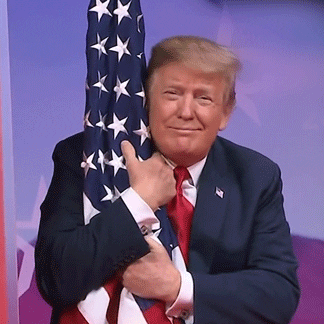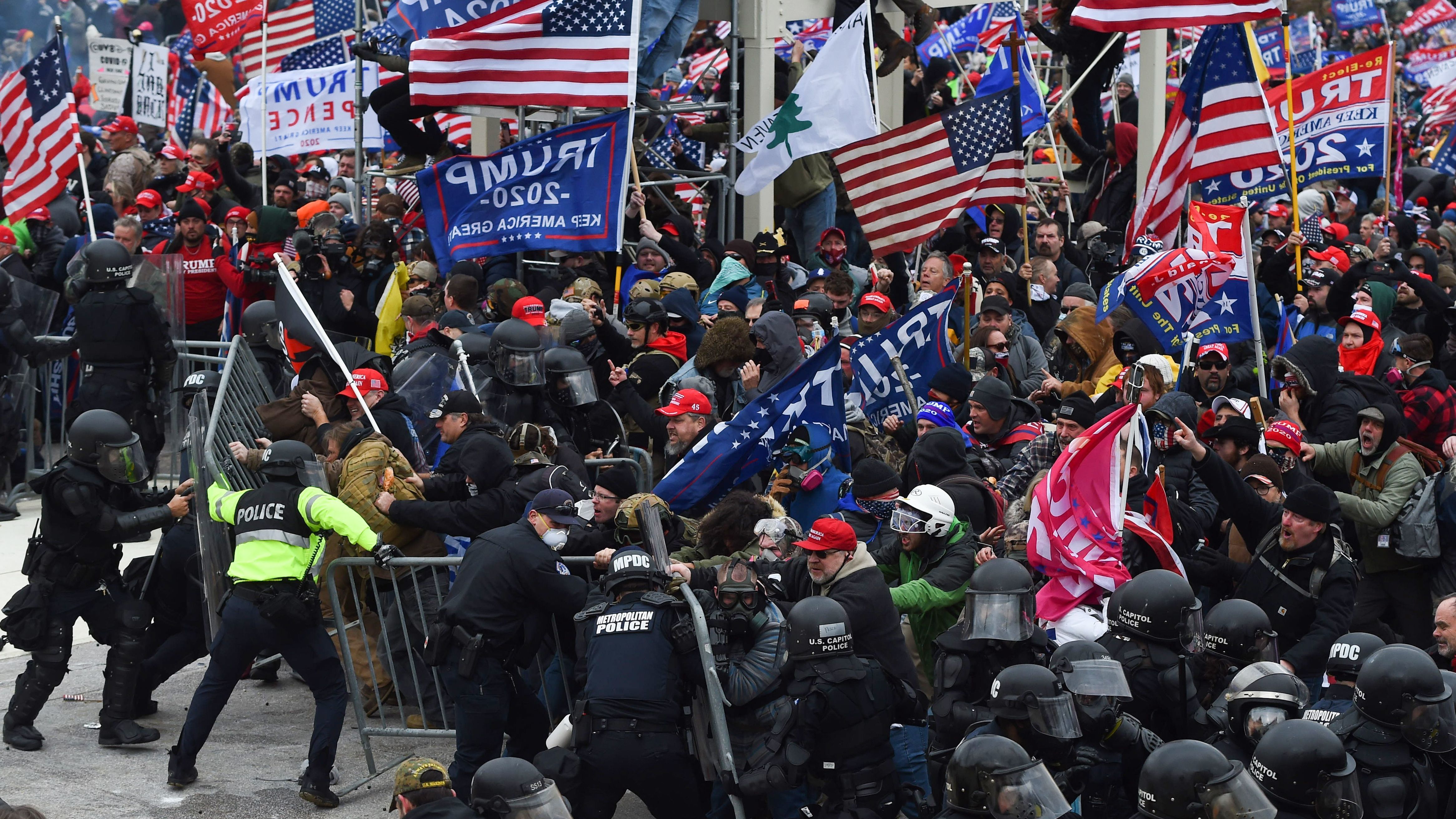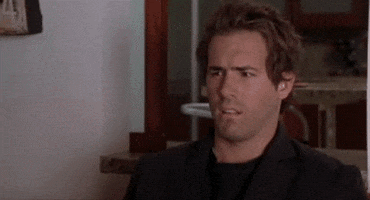They did it before all high school events while I was growing up too. Haven't been to a high school event in probably 15 years or so though so maybe that stopped.It's actually not outdated, as it didn't happen in the past. The Armed Forces started paying the NFL, etc to do these sorts of things. They stopped paying a few years back so now the leagues just keep doing it so as to not enrage the nationalist culture warriors.
Colleges
- American Athletic
- Atlantic Coast
- Big 12
- Big East
- Big Ten
- Colonial
- Conference USA
- Independents (FBS)
- Junior College
- Mountain West
- Northeast
- Pac-12
- Patriot League
- Pioneer League
- Southeastern
- Sun Belt
- Army
- Charlotte
- East Carolina
- Florida Atlantic
- Memphis
- Navy
- North Texas
- Rice
- South Florida
- Temple
- Tulane
- Tulsa
- UAB
- UTSA
- Boston College
- California
- Clemson
- Duke
- Florida State
- Georgia Tech
- Louisville
- Miami (FL)
- North Carolina
- North Carolina State
- Pittsburgh
- Southern Methodist
- Stanford
- Syracuse
- Virginia
- Virginia Tech
- Wake Forest
- Arizona
- Arizona State
- Baylor
- Brigham Young
- Cincinnati
- Colorado
- Houston
- Iowa State
- Kansas
- Kansas State
- Oklahoma State
- TCU
- Texas Tech
- UCF
- Utah
- West Virginia
- Illinois
- Indiana
- Iowa
- Maryland
- Michigan
- Michigan State
- Minnesota
- Nebraska
- Northwestern
- Ohio State
- Oregon
- Penn State
- Purdue
- Rutgers
- UCLA
- USC
- Washington
- Wisconsin
High Schools
- Illinois HS Sports
- Indiana HS Sports
- Iowa HS Sports
- Kansas HS Sports
- Michigan HS Sports
- Minnesota HS Sports
- Missouri HS Sports
- Nebraska HS Sports
- Oklahoma HS Sports
- Texas HS Hoops
- Texas HS Sports
- Wisconsin HS Sports
- Cincinnati HS Sports
- Delaware
- Maryland HS Sports
- New Jersey HS Hoops
- New Jersey HS Sports
- NYC HS Hoops
- Ohio HS Sports
- Pennsylvania HS Sports
- Virginia HS Sports
- West Virginia HS Sports
ADVERTISEMENT
You are using an out of date browser. It may not display this or other websites correctly.
You should upgrade or use an alternative browser.
You should upgrade or use an alternative browser.
GOP lawmakers want Iowa students to sing national anthem daily
- Thread starter cigaretteman
- Start date
Every day that goes by is a day this country fails to make the Nation Anthem the Team America theme song
To a former russian studies grad such as myself, this has always been something of a hilarious scene because of how, for half of them, their fake russian accents are just awful, and for the other half, they're just mailing it in and slurring a bunch of jibberish together
Also think of the poor teachers that have to listen to a bunch of elementary kids who can’t sing for shit.
They let elementary school kids sing the anthem at the Drake games and local minor league games and it’s pretty cringey.
Now having to listen to that every day. Pay teachers more.
They let elementary school kids sing the anthem at the Drake games and local minor league games and it’s pretty cringey.
Now having to listen to that every day. Pay teachers more.
Teachers listen to little ones singing lots of songs that are not the NA. If you can’t sing you can’t sing. Song doesn’t matter.Also think of the poor teachers that have to listen to a bunch of elementary kids who can’t sing for shit.
They let elementary school kids sing the anthem at the Drake games and local minor league games and it’s pretty cringey.
Now having to listen to that every day. Pay teachers more.
I can see them try to make a bunch of 8 thru 12 graders sing the.national them. Good luck with that.
Most just stand there and mouth or mumble. At least my seniors did. No big deal IMO.I can see them try to make a bunch of 8 thru 12 graders sing the.national them. Good luck with that.
Most just stand there and mouth or mumble. At least my seniors did. No big deal IMO.
Whew, good thing they are already out of school or they’d be violating the law.
Side note I am 42 and never sang the national anthem in school.
But if you have been taught that the very country they live in is evil. This is what you get. People who actually believe that having to sing or say the pledge might actually make them seem conforming to evil. Sent there asses to China or Russia or the Middle East for a while. They'd come back and scream the national anthem at the top of their lungs. F-ing privileged aholes have lost all respect for everything. Maybe they could use some of the stories we listened to about the Great Depression and WW2.Most just stand there and mouth or mumble. At least my seniors did. No big deal IMO.
“Wrapped in a flag and carrying a cross.”I don’t know how you define true patriotism, but I know it when I see it!


Defend your cult if you must, this is just plain fvcking stupid. GOP really has its priorities straight. JFC.
Hollow gestures is what conservatives believe to be patriotism. They will shout proudly how much they support the military, while denying basic health care and housing for veterans.
This is a Pepsi from yesterday (sorry OP)...but I'm adding my response because I'm proud of it.
Regarding the singing bill - from the register article:
"The bill would only apply to public schools. Private schools would be exempt from the requirement."

Iowa R's be like this to everybody with teeth in the state of Ioway:

 iowa.forums.rivals.com
iowa.forums.rivals.com
Regarding the singing bill - from the register article:
"The bill would only apply to public schools. Private schools would be exempt from the requirement."

Iowa R's be like this to everybody with teeth in the state of Ioway:

Iowa GOP legislators working to help make the state a better and prosperous place
Meanwhile, the Iowa legislature cuts Iowa public school funding to instead fund private school vouchers for the wealthy. Where they cannot require private school kids to sing the national anthem, pledge of allegiance, etc.
Is that correct?
Is that correct?
Meanwhile, the Iowa legislature cuts Iowa public school funding to instead fund private school vouchers for the wealthy. Where they cannot require private school kids to sing the national anthem, pledge of allegiance, etc.
Is that correct?

Singing is one of the performing arts. Careful nutters, this could be carefully planned grooming—a gateway to showtunes.
Last edited:
Do you think students should be forced to stand for the Pledge of Allegiance and/or stand and sing the National Anthem?But if you have been taught that the very country they live in is evil. This is what you get. People who actually believe that having to sing or say the pledge might actually make them seem conforming to evil. Sent there asses to China or Russia or the Middle East for a while. They'd come back and scream the national anthem at the top of their lungs. F-ing privileged aholes have lost all respect for everything. Maybe they could use some of the stories we listened to about the Great Depression and WW2.
At the end of the day I think legislators have much better things to focus on. But substitute “passing an American history and government course with a curriculum designed by xyz (pick your poison)” isn’t that much different. The reality is that a big purpose of public education has been civic formation.
It would be one thing if they were doing this after solving the many many problems this state has. Future generations are going to look back and say... you wasted time mandating students saying the national anthem and did nothing to prevent this shitstorm from occurring?
Their kind of indoctrination is fine though. Always hypocritical.Where are the posters who constantly complain about public schools indoctrinating our youth?
No, authoritarianism is when the government tells parents what schools they must pay for, what schools their children must attend, and then creates curriculum without parental input and does it's best to hide what is being taught from the parents. That is government authoritarianism.

Notice how quickly the right wingers cower when asked straight forward questions?Do you think students should be forced to stand for the Pledge of Allegiance and/or stand and sing the National Anthem?
This makes me as mad as anything they do …yet vets will vote for them.Hollow gestures is what conservatives believe to be patriotism. They will shout proudly how much they support the military, while denying basic health care and housing for veterans.
I'm still trying to figure out why this is a ****ing priority right now.
Today’s Dumbest Idea of Year brought to you by, unsurprisingly, the Iowa Republican Party.
Quick question. I don't know. Are Iowa lawmakers required by code to sing the Anthem everyday?
Jingoism and unconstitutional all in one bill.
And of course, the usual suspects are all in favor.
Well fortunately private schools don't have to do this.. see we can give them taxpayer money, and pretend taxpayer money is "your money" to spend (which doesn't apply to anything else though, because reasons), but can't require them to do anything else..
Another thing where they avoid accountability.Well fortunately private schools don't have to do this.. see we can give them taxpayer money, and pretend taxpayer money is "your money" to spend (which doesn't apply to anything else though, because reasons), but can't require them to do anything else..
Excuse me, but “UNPHUQUIN’ BELIEVABLE!
WTF is the Ioway Legislature thinking?
What about “The Internationale” for an encore.....and how about a little “Deutschland Uber Alles” for our Hitler/Nazi/ German friends, too!
Jeeeeebus phuquin’ keeeerist....And this is a “good idea” in whose phuquin’ book?
Nothing teaches patriotism like a little forced fed gruel!
WTF is the Ioway Legislature thinking?
What about “The Internationale” for an encore.....and how about a little “Deutschland Uber Alles” for our Hitler/Nazi/ German friends, too!
Jeeeeebus phuquin’ keeeerist....And this is a “good idea” in whose phuquin’ book?
Nothing teaches patriotism like a little forced fed gruel!
Performative jackasses
Is this a joke? They don't even know the words. Shes reading off the paper. Guess this answers my question if they have to sing it everyday. Clearly they don't. Buncha lying hypocritical clowns. Rules for thee but not for me.Performative jackasses
Patently unconstitutional if actually made mandatory. At least until the courts tear up an 80 year old venerated precedent. Justice Jackson's opinion for the Court put it best:
"The case is made difficult not because the principles of its decision are obscure but because the flag involved is our own. Nevertheless, we apply the limitations of the Constitution with no fear that freedom to be intellectually and spiritually diverse or even contrary will disintegrate the social organization. To believe that patriotism will not flourish if patriotic ceremonies are voluntary and spontaneous instead of a compulsory routine is to make an unflattering estimate of the appeal of our institutions to free minds. We can have intellectual individualism and the rich cultural diversities that we owe to exceptional minds only at the price of occasional eccentricity and abnormal attitudes. When they are so harmless to others or to the State as those we deal with here, the price is not too great. But freedom to differ is not limited to things that do not matter much. That would be a mere shadow of freedom. The test of its substance is the right to differ as to things that touch the heart of the existing order.
If there is any fixed star in our constitutional constellation, it is that no official, high or petty, can prescribe what shall be orthodox in politics, nationalism, religion, or other matters of opinion or force citizens to confess by word or act their faith therein. If there are any circumstances which permit an exception, they do not now occur to us.
We think the action of the local authorities in compelling the flag salute and pledge transcends constitutional limitations on their power and invades the sphere of intellect and spirit which it is the purpose of the First Amendment to our Constitution to reserve from all official control."
West Virginia Bd. of Ed. v. Barnette, 319 US 624 (1943).
"The case is made difficult not because the principles of its decision are obscure but because the flag involved is our own. Nevertheless, we apply the limitations of the Constitution with no fear that freedom to be intellectually and spiritually diverse or even contrary will disintegrate the social organization. To believe that patriotism will not flourish if patriotic ceremonies are voluntary and spontaneous instead of a compulsory routine is to make an unflattering estimate of the appeal of our institutions to free minds. We can have intellectual individualism and the rich cultural diversities that we owe to exceptional minds only at the price of occasional eccentricity and abnormal attitudes. When they are so harmless to others or to the State as those we deal with here, the price is not too great. But freedom to differ is not limited to things that do not matter much. That would be a mere shadow of freedom. The test of its substance is the right to differ as to things that touch the heart of the existing order.
If there is any fixed star in our constitutional constellation, it is that no official, high or petty, can prescribe what shall be orthodox in politics, nationalism, religion, or other matters of opinion or force citizens to confess by word or act their faith therein. If there are any circumstances which permit an exception, they do not now occur to us.
We think the action of the local authorities in compelling the flag salute and pledge transcends constitutional limitations on their power and invades the sphere of intellect and spirit which it is the purpose of the First Amendment to our Constitution to reserve from all official control."
West Virginia Bd. of Ed. v. Barnette, 319 US 624 (1943).
It would not be the first time this Ioway Legislature would write and pass a law that was patently unconstitutional!
I'm a patriotic American, but this is a bad idea. Civics class should be mandatory at least once.
Owning the libs by forcing kids to sing the anthem in school and turning down funding to help feed them in the summers.
"That's patriotism!"
I still can't get over these lawmakers forcing kids to do this when they don't do it themselves. I'm almost embarrassed for them.
We used to walk to school no matter
The weather. If we had a disagreement we settled it with our metal lunch boxes
In the school yard. Once inside we stood
At attention and hand over heart recited
The Pledge. If anyone messes up the paddle
or stick came out. We then listened to the
National Anthem over the intercom.
The weather. If we had a disagreement we settled it with our metal lunch boxes
In the school yard. Once inside we stood
At attention and hand over heart recited
The Pledge. If anyone messes up the paddle
or stick came out. We then listened to the
National Anthem over the intercom.
And then everyone stood up and clapped.We used to walk to school no matter
The weather. If we had a disagreement we settled it with our metal lunch boxes
In the school yard. Once inside we stood
At attention and hand over heart recited
The Pledge. If anyone messes up the paddle
or stick came out. We then listened to the
National Anthem over the intercom.
Similar threads
- Replies
- 3
- Views
- 144
- Replies
- 94
- Views
- 2K
- Replies
- 136
- Views
- 2K
- Replies
- 18
- Views
- 478
ADVERTISEMENT
ADVERTISEMENT